Search
Search within
1447 results found
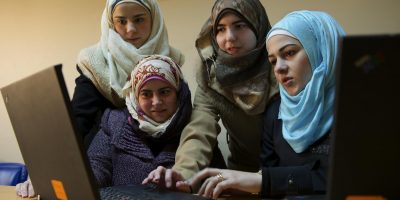
Evidence review
Women and Girls Safe Spaces – A Guidance Note Based on Lessons Learned from the Syrian Crisis
The creation of women and girls safe spaces (WGSS) has emerged as a key strategy for the protection and empowerment of women and girls affected by the Syrian crisis. This document provides an overview of what safe spaces are and…
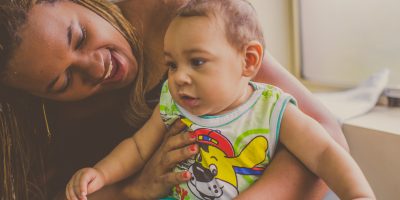
Background report
Women and Health: The Key for Sustainable Development
Girls’ and women’s health is in transition and, although some aspects of it have improved substantially in the past few decades, there are still important unmet needs. Population ageing and transformations in the social determinants of health have increased the…
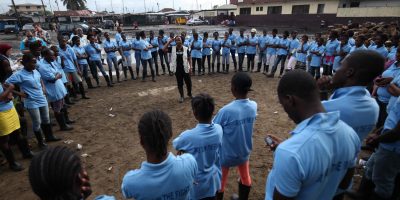
Evidence review
Understanding Social Resistance to Ebola Response in Guinea
This paper seeks to understand the fear many Guineans feel towards Ebola response initiatives and why the educators, doctors and burial teams have sometimes encountered resistance, occasionally violent.
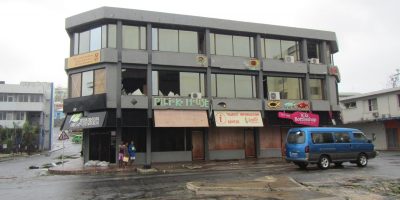
Briefing
Urbanisation, the Peri-Urban Growth and Zoonotic Disease
Ebola has had significant, negative effects in the rapidly expanding, unregulated areas of peri-urban and urban West Africa. The residents of these areas maintain vital connections with rural populations while intermingling with and living in close proximity to urban and…
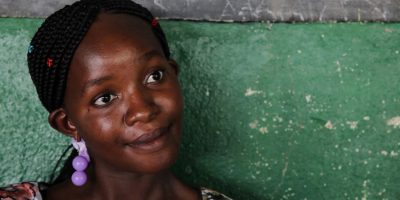
Evidence review
Visions, Voices and Priorities of Young People Living With and Most Affected by HIV
This report shares perspectives and insights from young people from around the world living with and affected by HIV, who share their visions for realising and claiming their sexual and reproductive health and rights (SRHR) and for setting priorities for…
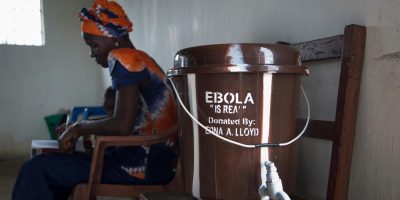
Comment
Social science intelligence in the global Ebola response
Correspondence on continued poor integration of social sciences during global health crises.

Briefing
Managing Health Crises After Ebola: Key Resources
Rachel Thomas maps out the various institutions involved in the response and reviews communication challenges. The ongoing outbreak of Ebola in West Africa is the largest and longest since the virus was discovered four decades ago. Many organisations have been…
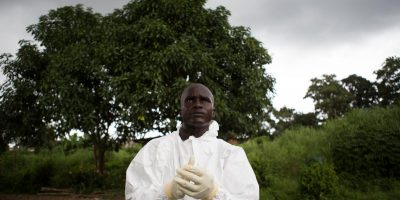
Briefing
Managing Rumours and Misinformation in West Africa
Rumours about Ebola generated social challenges that were real but surmountable, finds Amzath Fassasi.
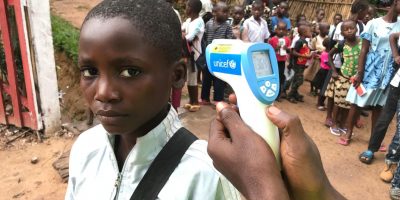
Briefing
Ethical Considerations in the Conduct of Research on Therapies for the Prevention and Treatment of Ebola Virus Disease in Developing Countries
The devastating toll of the Ebola epidemic in West Africa necessitates considerations of new approaches to research into new prevention technologies and treatments for Ebola Virus Disease (EVD). Research must be planned and delivered in consultation with civil society from…
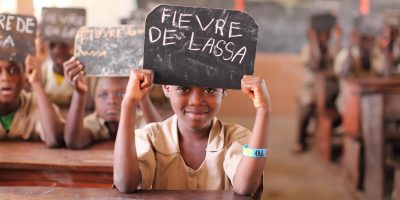
Background report
Extending the “Social”: Anthropological Contributions to the Study of Viral Haemorrhagic Fevers
Emerging Viral Haemorrhagic Fevers (VHFs) offer a frontier for a “One-Health” research agenda; the joined-up, or collaborative, effort of multiple disciplines to attain optimal health for people, animals, and the environment (e.g. http://www.onehealthinitiative.com/). Multidisciplinary work on Lassa Fever and Ebola…
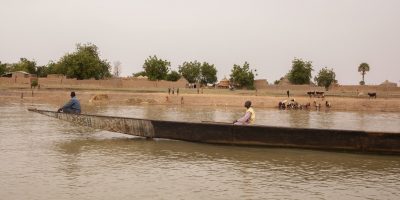
Background report
Food Strategy of Batwa Pygmies in Lake Tumba Landscape, Democratic Republic of Congo
The Pygmies are knowledgeable of the virtues of the biodiversity of their environment, including the food value ofthese species. This study report on food strategy developed by the Batwa and is based on a rich biodiversity. The authors conducted a household…
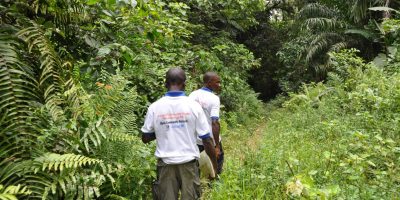
Background report
Institutional Choice and Fragmented Citizenship in Forestry and Development Interventions in Bikoro Territory of the Democratic Republic of Congo
Substantive citizenship is the ability of an individual to influence those who govern. In order to assess this ‘ability’, this study examined the powers of sanction possessed by individuals or groups and the accountability mechanisms at their disposal in three villages in…


